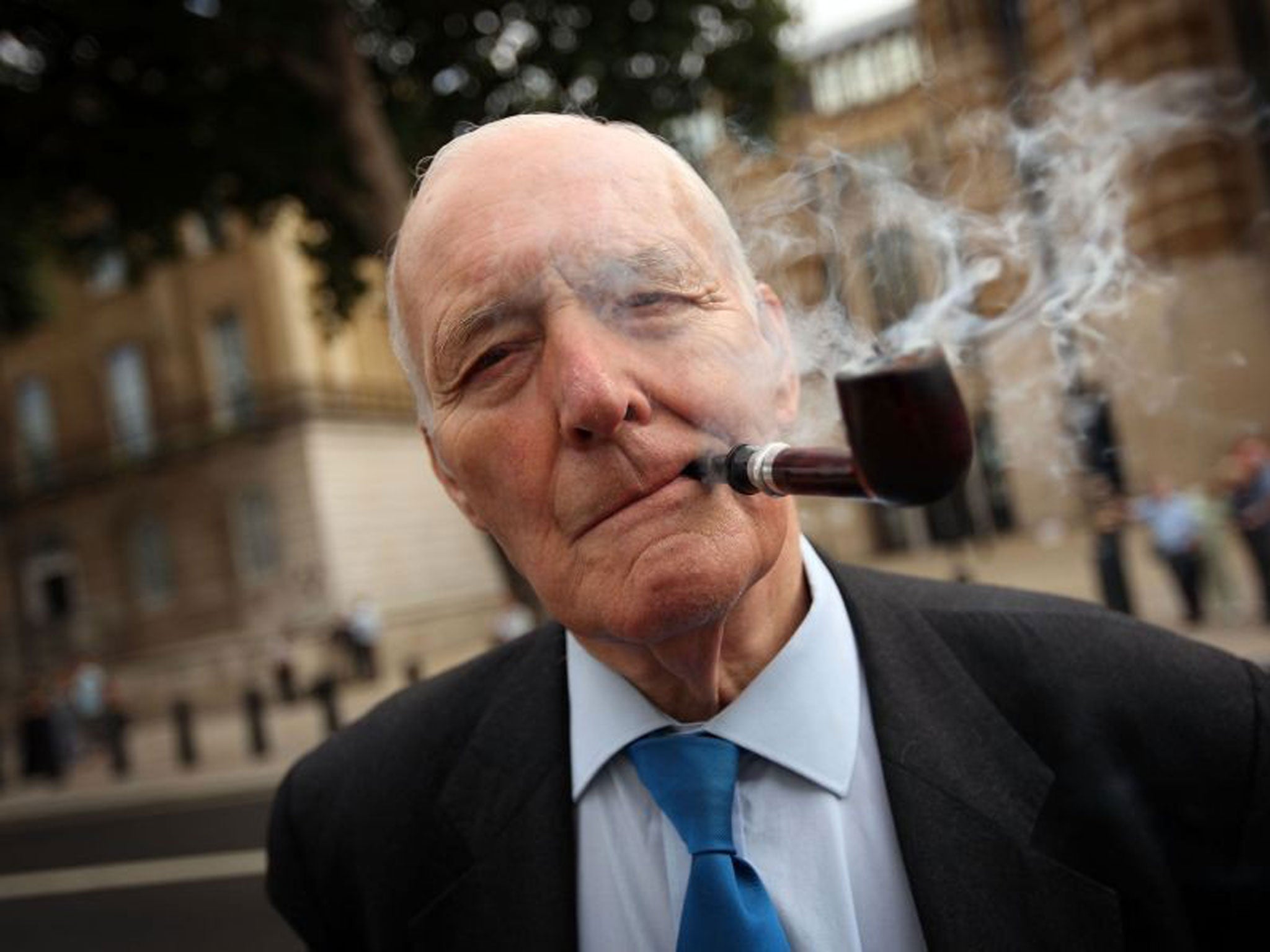From ‘bossy boots’ to Benn – and Ann Widdecombe too: Political books for Christmas

Your support helps us to tell the story
From reproductive rights to climate change to Big Tech, The Independent is on the ground when the story is developing. Whether it's investigating the financials of Elon Musk's pro-Trump PAC or producing our latest documentary, 'The A Word', which shines a light on the American women fighting for reproductive rights, we know how important it is to parse out the facts from the messaging.
At such a critical moment in US history, we need reporters on the ground. Your donation allows us to keep sending journalists to speak to both sides of the story.
The Independent is trusted by Americans across the entire political spectrum. And unlike many other quality news outlets, we choose not to lock Americans out of our reporting and analysis with paywalls. We believe quality journalism should be available to everyone, paid for by those who can afford it.
Your support makes all the difference.Farewell, then, to the unequal opposites of the 1980s, Margaret Thatcher and Tony Benn. Charles Moore’s biography of old bossy-boots, Margaret Thatcher: The Authorised Biography Vol 1: Not For Turning (Allen Lane, £30), is solidly definitive, with new letters that add colour if not character. I would still recommend John Campbell’s two-volume biography (2000 and 2003) for a more accessible account. Updated with Gillian Shepherd, The Real Iron Lady: Working With Margaret Thatcher (Biteback, £16.99): a quirky collection of reminiscences of life on Team Thatcher.
Tony Benn’s diaries – his last, he says – are by comparison a feeble thing. A Blaze of Autumn Sunshine (Hutchinson, £20) reaches for the significance of the eight earlier volumes and touches it only accidentally and poignantly in this brief observation: “When I look back on my life, I’ve been so obsessed with myself all the time – Benn, Benn, Benn, Tony Benn – and actually I’m just not interesting.”
More interesting is the memoir of another might-have-been, Ann Widdecombe’s Strictly Ann (Weidenfeld & Nicholson, £20). She had many of Thatcher’s qualities, with more wit, but her feud with Michael Howard, about whom she said there was “something of the night”, was a catastrophic error.
Farewell, too, to Alan Johnson, who played a part in a Labour government that did much to put right the social division and public squalor of the Thatcher years. This Boy (Bantam Press £16.99) is the saddest book I have read, not because he was brought up in such deep poverty but for his love of his mother, who died when he was 13, and of his sister, who “kept me safe”. The book is even sadder because he could be prime minister now, in which case we would live in a better country. For an engrossing account of some of the forces that conspired to keep “A J” from No 10, Damian McBride’s Power Trip (Biteback, £20) is well written and shockingly honest, admittedly about only selected crimes.
Moving on to the end of the last Labour government and the return of the Conservatives, Andrew Adonis’s Five Days in May (Biteback, £12.99) challenges conventional wisdom about the forming of the coalition. Anyone who might be near the leadership of the Labour Party in 2015 needs to read this book now.
Bringing the recent past up to date, Matthew d’Ancona’s In It Together (Viking, £25) is an outstanding attempt at an instant history of the coalition. D’Ancona is sympathetic to Cameron (although less so to Clegg), which makes the account well sourced and credible. And yet, I cannot shake off the feeling that Cameron and Osborne are playing at politics.
Finally, for some perspective, a book about the more distant past and one about the future. Antonia Fraser’s Perilous Question: The Drama of the Great Reform Bill 1832 (Weidenfeld & Nicholson, £20) is good old-fashioned narrative history. How recent and how accidental British democracy seems.
For the future, I recommend my colleague Ben Chu’s Chinese Whispers (Weidenfeld & Nicholson, £16.99), which debunks the myths about China. The economics editor of The Independent was brought up in Manchester and Hong Kong by a Chinese father and a British mother. The Chinese don’t have an indomitable work ethic; Chinese students are not the cleverest in the world; and China is not buying up the entire world. Chu has seen the future, and it works, but not quite in the way that you might expect.
Join our commenting forum
Join thought-provoking conversations, follow other Independent readers and see their replies
Comments